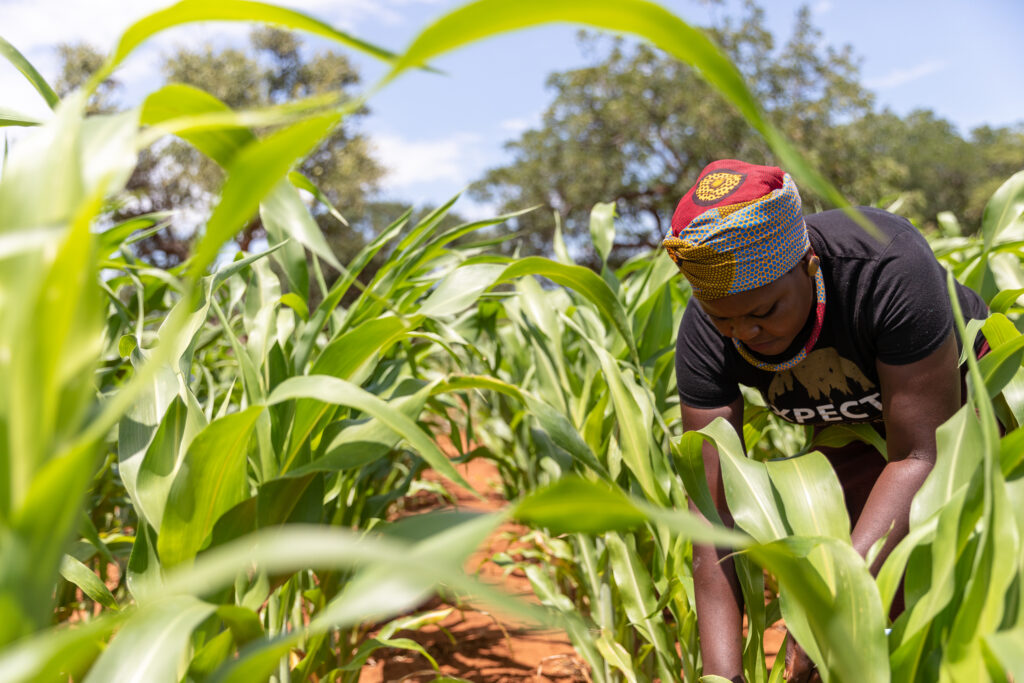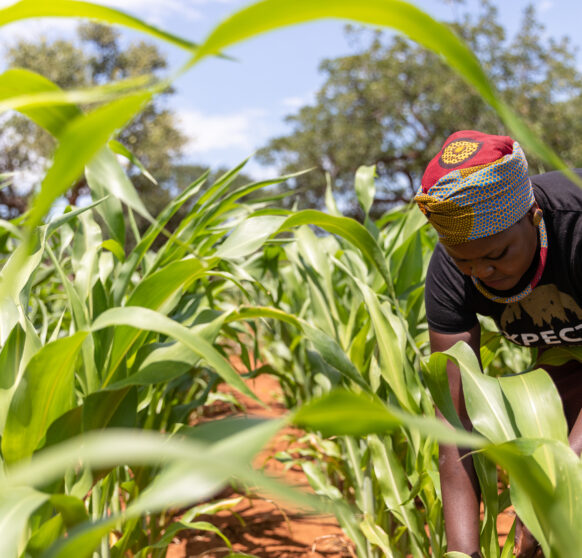SUMMARY
Transforming food systems towards more inclusive, health-supportive and climate and nature positive outcomes is one of the most effective levers for building a more sustainable and just future. In Sub-Saharan Africa transformation could save 15 million lives until 2050, while contributing to reducing cumulative emissions from agriculture and food and land use by 54 GT CO2e (equivalent to a 47% reduction with respect to current trends) and reversing biodiversity loss.
However, these health and environmental benefits need to be carefully balanced with people’s livelihoods. Governments developing food system transformation strategies need to get a head start on labour issues and support the creation of new—and high quality—employment opportunities particularly for small producers and traditionally marginalised groups, such as women and youth.


